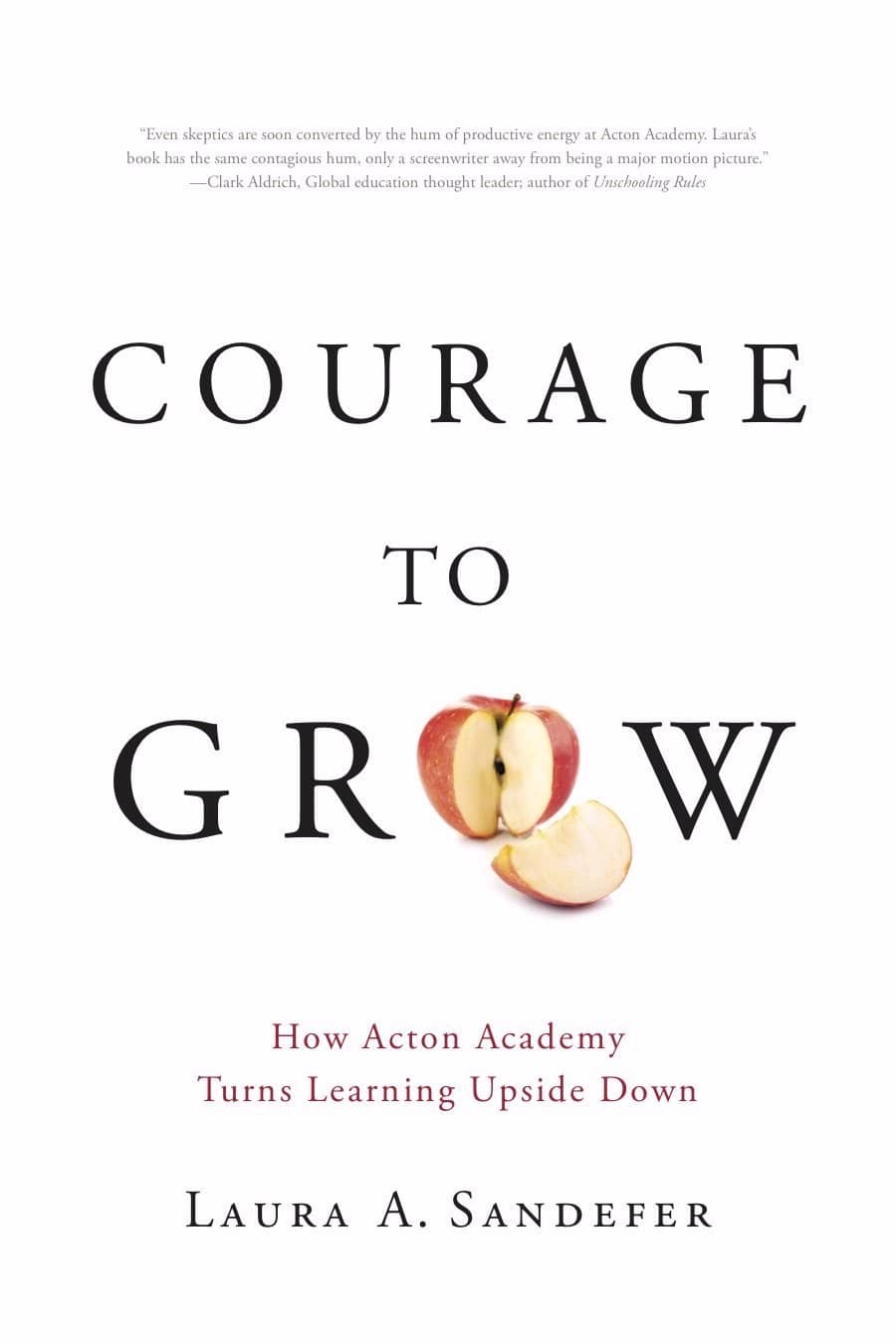A few words about the School Council...
At Aim, we've observed that peer-given strikes, or consequences, hold a unique and profound advantage over those administered by guides. This approach stems from our belief in the power of a community that holds itself accountable. When peers are responsible for identifying and addressing behaviors that don't align with our community standards (think contracts here), it fosters a deeper sense of responsibility and mutual respect among eagles. This method not only democratizes the process of maintaining discipline but also enhances students' understanding of the impact of their actions on others. It encourages a level of empathy and self-awareness that is often more impactful than any guidance a guide could provide. This peer-driven system cultivates an environment where students learn to navigate social dynamics constructively, preparing them for real-world interactions where negotiation, compromise, and accountability are key.
Just as judges in our country meticulously consider each situation on its own merits, our council adopts a similar approach, treating every case with the individual attention it deserves.
Just as judges in our country meticulously consider each situation on its own merits, our council adopts a similar approach, treating every case with the individual attention it deserves.
In practical terms, judges achieve this by thoroughly examining the evidence, considering the arguments presented by all parties, and applying relevant laws and precedents to the case at hand. They also take into account the broader context, including any mitigating factors or unique circumstances, ensuring that their rulings are both just and appropriate to the situation. This practice is deeply rooted in the principles of common law, where past judicial decisions inform future ones, allowing for flexibility and adaptation to new challenges. Through this dynamic process, common law evolves, guided by the doctrine of precedent yet always sensitive to the particulars of each case, embodying the judicial system's commitment to fairness and justice on an individual level.
Aim's School Council takes a similar approach and by doing so they ensure that decisions are made based on the specific circumstances and nuances of each scenario, rather than applying a one-size-fits-all rule. Such a practice is grounded in fairness and the understanding that justice is best served when tailored to the unique aspects of each case. This personalized approach reflects a commitment to equity and the principle that understanding the context is crucial in determining the most appropriate and constructive outcomes.
At the heart of Aim's council's discussions lies a steadfast commitment to justice, fairness, and reconciliation, principles that guide every conversation and decision. It's important to clarify that these dialogues have never originated from a place of punishment. Not once. Instead, our approach is always rooted in a desire to teach and help from a place of love. I have sat in almost all of these meetings and can testify that they aim to nurture understanding and growth, recognizing that each eagle's journey is unique and full of failures--which we colloquially call learning opportunities lol. By focusing on restorative practices, they ensure that every student feels supported in learning from their experiences, fostering a community where empathy and compassion pave the way for personal development and change.
Accountability is not just a must; it is an integral part of the learning process itself. Far from taking precedence over learning, accountability enhances it by creating an environment where actions have consequences, and those consequences inform and enrich the learning experience. How can meaningful learning occur in an environment devoid of accountability? It's the very framework of responsibility and self-awareness that prepares students not only to absorb academic content but also to navigate the complexities of life with integrity and conscientiousness. In essence, accountability and learning are interwoven, each strengthening the other, fostering a culture where students are encouraged to take ownership of their educational journey.
Finally, any apprehension regarding the time invested in accountability discussions fundamentally misunderstands the essence and purpose of such engagements within our community. Time spent in these matters is not lost but rather invested in reinforcing our core values --cornerstones of any robust learning environment. To question the validity of this time commitment is to overlook the profound impact these discussions have on shaping responsible, thoughtful individuals. It's in these moments that our eagles learn to balance their personal ambitions with the needs of the community, a skill as crucial as any academic lesson.
Additionally, the concern that the time spent addressing accountability issues detracts from learning overlooks the extraordinary dedication of our council members, who often stay up late (far past my bedtime lol) to get their daily points after extensive service hours during the day. Their commitment, which sometimes pushes them to the brink of exhaustion and sickness, underscores the depth of their engagement and the seriousness with which they approach their roles. Despite the difficulty and the emotional toll it can exact, they persist, driven not by personal enjoyment but by a dedication to the greater good of our community. This selfless approach underscores a maturity beyond their years; they recognize the importance of their role even when it's hard, even when it's the last thing they might want to do.
And I applaud them for it.
And I applaud them for it.


